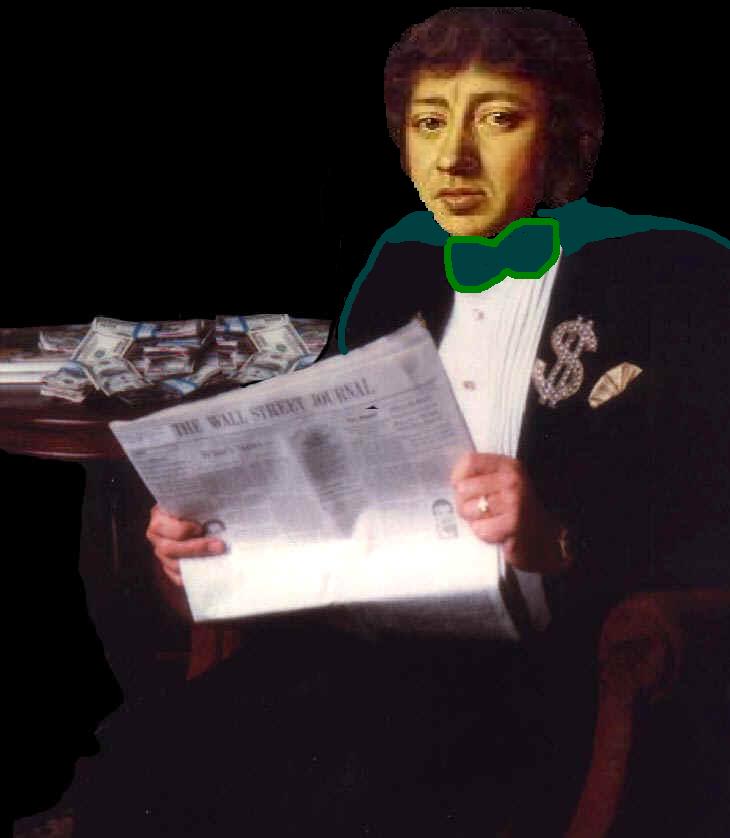
The Public Pepys
Born into a middle class family, Samuel Pepys worked his way into social prominence. Here are a few of his puclic accomplishments:
-Pepys began working as an Exchequer clerk, but after the Restoration of the British Monarchy in 1660 he was awarded the position of Clerk of the Acts. (Click here to read about Pepys the Clerk.) Bradford says, that the "general course of accounting [in the Navy] seems to have been subject to his vigilance" (37).
-He was head of the Royal Society. Although, his interest was administrative rather than scientific, he made the final decision on which works were to be published. Trease says, "he gave his blessing to Newton's Principia when it was published. So in the end, though science never engaged his passionate interest... it is arguable that his service to science to science was of the far greater lasting significance" (72). Tanner disagrees. He says Pepys did have an interest in science: "He was interested in the ways of living creatures... Inventions of all kinds attracted him... This curiosity... accounts for the claim of Pepys to be regarded as a man of science" (138-140). He was not however on the same level of scientific learning or seriousness as the other members of the Royal Society, which was composed of some Britain's great minds. Pepys was more interested in "the bearded woman... the giantess... [or the] gold-fish 'kept in a glass of water that will live so for ever'" (Tanner 139)
-He was named Secretary to the Lord High Admiral of the Navy. This title was among the most eminent positions a Naval officer could reach at that time period. Trease says, it "finally confirmed him as the head of naval administrations" (93).
-He was an elected Member of Parliament in 1673 and held the "Norfolk seat of Castle Rising " (Trease 94) for six years. He was forced to resign in 1679 due to allegations that he was Catholic. He was even "sent to the Tower [of London] on a charge of selling naval secrets to the French [and] released on bail after six weeks" (Trease 95).
His greatest gift in business seemed to be an ability for hard work:
"He was a worker, and not only kept the hours, but made them show," (42) says Bradford.
"[He] was prepared to work early and late to ensure everything was in order," (51) says Trease.
And, Tanner says, a "physical vigour... enabled Pepys to work long hours" (24)
He was not merely a drone though. Tanner adds that,
Pepys has been called... 'the best man of business of his time,' and has been credited... with ' a prodigous faculty of methodical arrangement.
(24)
It has been posited that although dihonest to his wife, he was an honest diarist. But was Pepys an honest public official? He wrote that Richard Cooling,
told us his horse was a bribe, and his boots a bribe; and told us he was made up of bribes, as an Oxford scholar is set out with other mens' goods when he goes out of town, and that he makes every sort of tradesmen to bribe him; and invited me home to taste some of his bribe wine.
(Bradford 62)
Pepys had a distaste for bribes. Bradford believes in his honesty as a public official. He says, "we must agree heartily... in regarding Pepys as essentially honest and even scrupulous" (62). Bradford seems to be somewhat overly defensive or reverent towards Pepys though. He says, "Favortism? Everybody shows favortism. Profits? Everybody is on the lookout for profits. Bribes?" (Bradford 62). Of the diary he says, "never before have I had material so splendid [and that he has]... lived with [it]... intimately for thirty years" (Bradford Preface ix).
There is still a sense of reverence for Samuel Pepys in his home-city of London. There is a Samuel Pepys Restaurant, a Samuel Pepys clothing store (I don't know if they are actually named after him and the clothing store is actually in Guernsey, Channel Islands. I have no idea where that is in England), and the Museum of London website has a special section on Pepys (click here to go to it). Tanner says,
During the... century [after his death] the name of Samuel Pepys carried great weight in the navy... Thus to the 18th century he bequeathed a fine record of public service, and to the 19th the priceless heritage of the Diary. The private confession for long obscured the public service: but the 20th century has done something to bring the two traditions into their right relation to each other and so to restore us to the real Pepys.
(292)